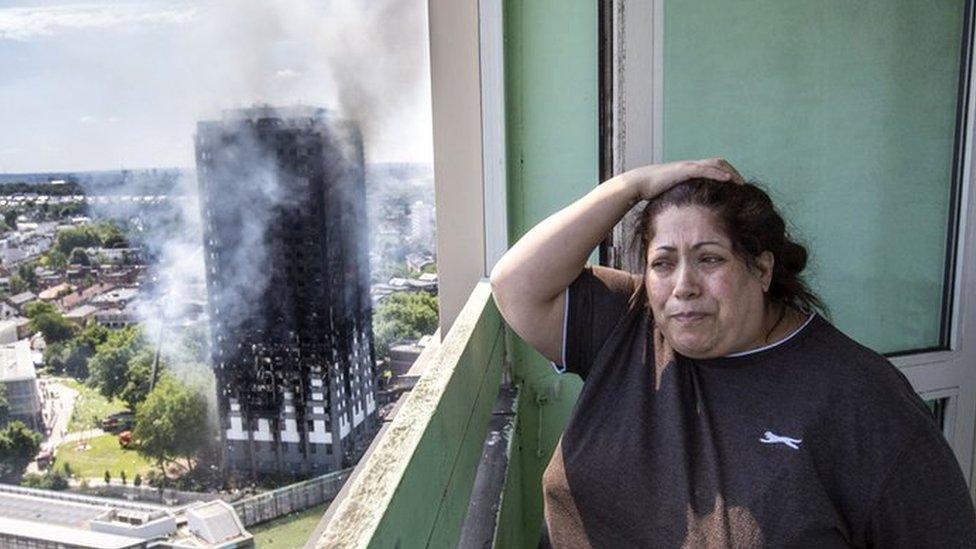London fire: Trauma counselling for Grenfell Tower crews
- Published
Grenfell Tower: Praise for 'heroic' firefighters
Traumatised firefighters who "saw things they had never seen before" in the Grenfell Tower blaze are receiving counselling through the fire brigade.
Deputy assistant commissioner Jane Philpott said crews had witnessed shocking scenes.
One firefighter, identified as Terry, said he had seen "nothing like it" during his 27 years in the service.
Another, Ben Holehouse, 45, said he witnessed scenes of complete "devastation and horror."
The firefighters and London Fire Brigade said the operation was physically and mentally exhausting.
Mental health experts said a large majority of emergency workers experienced stress and other mental health problems.

'I don't know how they were breathing'
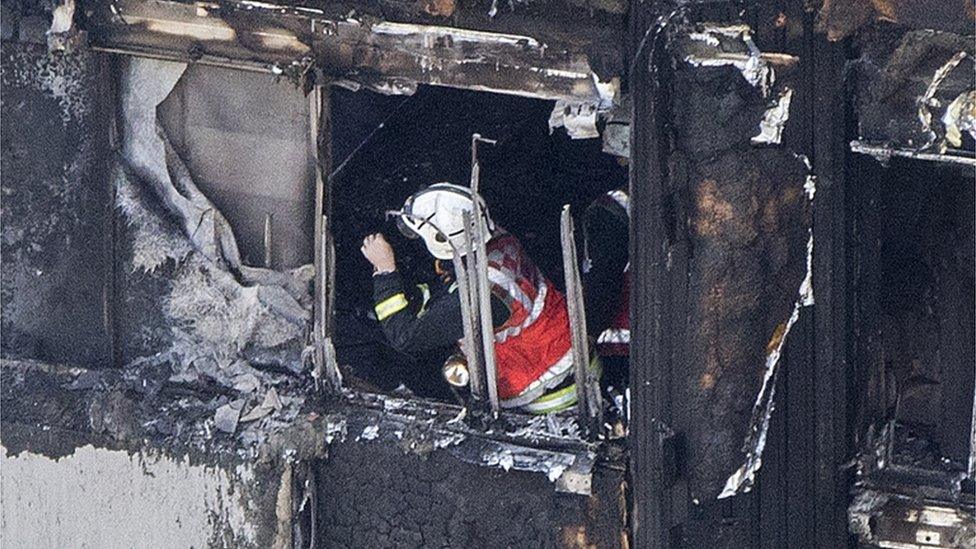
Firefighters have returned to the building to search for the missing
Terry spent eight hours working at the scene in north Kensington on the night of the fire, and compared it to the 9/11 attacks in New York.
"We had to literally run under police riot shields because of the amount of flaming debris, just to get into the building," he said.
"There was one small staircase that everyone was going up. It was just like the images of 9/11.
"We were going up the staircase and people were coming down in smoke. I don't know how they were breathing."
The firefighter said one of his colleagues was hit by someone who had jumped out of a window in an attempt to escape the flames.

'You can never be fully prepared'
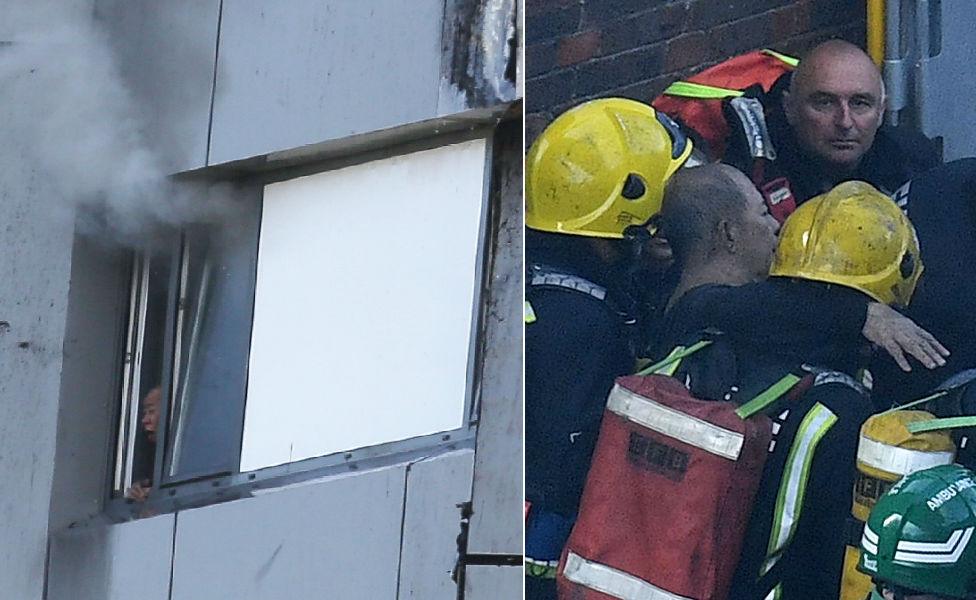
One resident, pictured, was trapped in his 11th floor flat. Right, he is rescued by firefighters
Mr Holehouse said the building was almost completely engulfed in flames when he arrived there, but he managed to rescue people.
He was photographed during a rescue operation on the 11th floor.
He said: "Training is essential for these kinds of incidents, but you can never be fully prepared for this sort of thing.
"It's a real test - both mentally and physically. Our crews really pushed themselves beyond limits.
"After the event we went to a holding station where we were offered counselling.
"If you need to speak to someone, there are people there for you."

Mental health 'a priority'
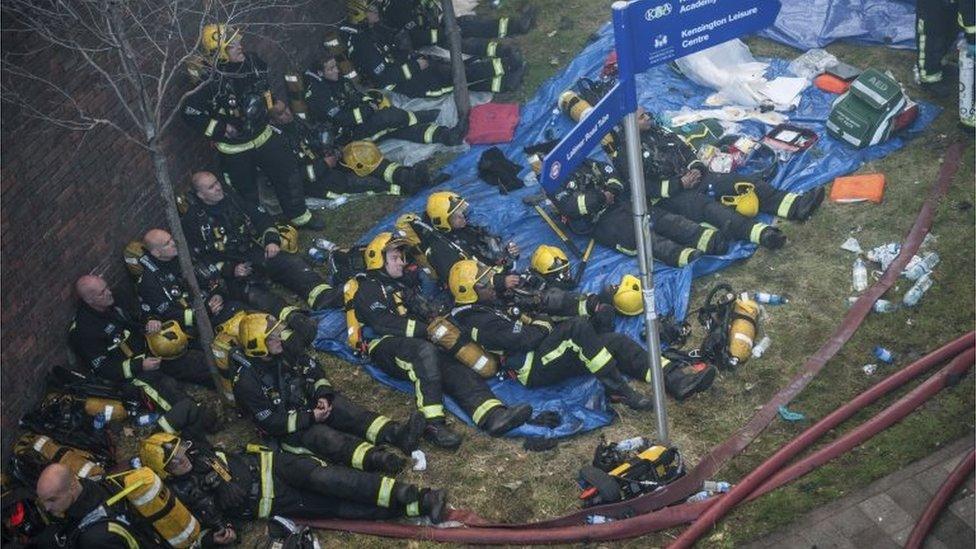
Many firefighters saw things they had never seen before, London Fire Brigade said.
London Fire Brigade said firefighters had been particularly affected by the desperation of one family who threw a baby from a window to save the child from the fire.
Despite being "exhausted and traumatised", some of the 200 firefighters who tackled the blaze at the 24-storey block in west London have returned to work to search for the missing.
Ms Philpott said they were not expecting to find survivors at this stage, "but we will always, always continue to look".
"They are exhausted. They have come back to work. They want to be able to finish this job, quite rightly."
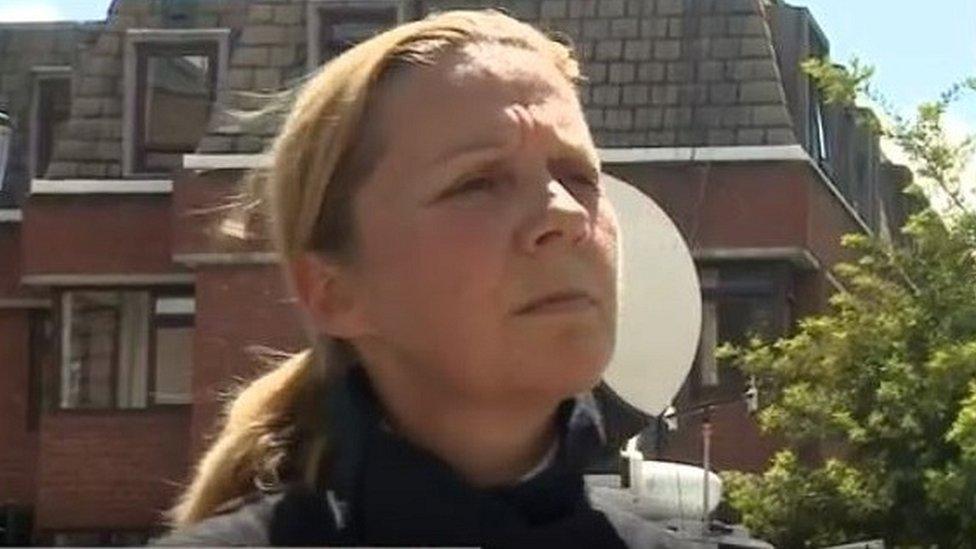
Deputy assistant commissioner Jane Philpott said counselling was available for crews
The mental health of the crews was a priority for the brigade, she said.
"We have counselling and wellbeing services. Some of them received it on that night.
"And it's worth mentioning our control operators - they worked extremely hard and were taking numerous fire safety calls.
"Again we are aiming to look after them with counselling and wellbeing," she said.

'Scenes they did not expect to see'
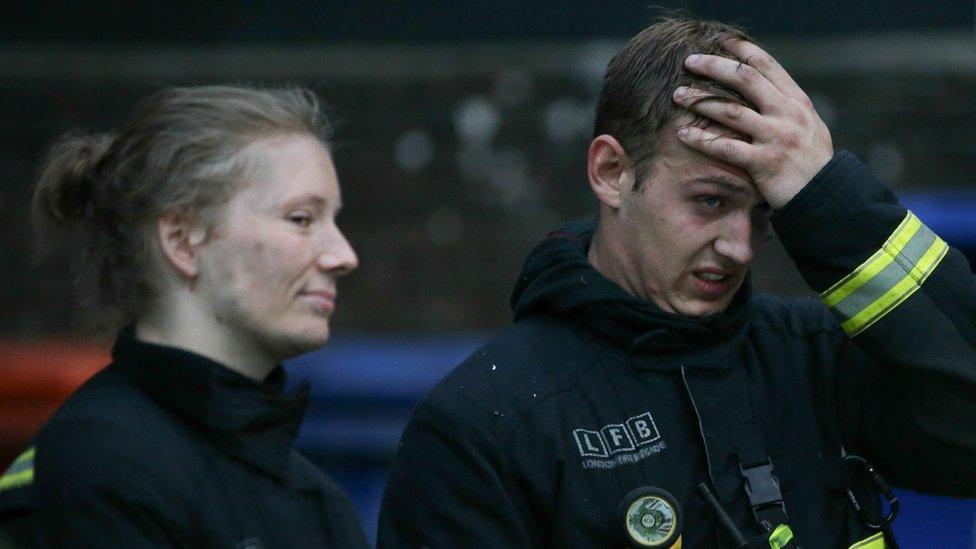
The fire gutted the building, with flames soaring from the second floor to the top of the building
Gareth Beeton from the Fire Brigades Union urged firefighters to seek counselling.
He said crews had faced a series of major events.
"The things our firefighters have seen in London in terms of traumatic events of this nature is vast," he said.
"We have had previous events ranging from the Croydon tram incident to the Westminster Bridge attack and more recently the incident in Borough Market.
"Firefighters were exposed to scenes that they did not expect to see on that night."
The Fire Brigade's counselling service offers debriefing, advice on possible reactions, and follow-up support if needed.

'Not immune from mental health problems'
Mental health charity Mind has a dedicated programme for people working in the emergency services.
"Historically, there has been a 'macho' culture within emergency services, which tend to be male-dominated", a charity spokesman said.
"There's a perception that regularly being exposed to traumatic situations makes you immune to developing mental health problems, but that's not the case.
"In fact, our survey of over 1,600 staff and volunteers across the emergency services shows that nearly nine in 10 have experienced stress, low mood or poor mental health while performing their role.
"A shocking one in four said that they had contemplated taking their own lives."
The charity has set up its Blue Light Programme to deliver mental health support to staff and volunteers across search and rescue, police, fire and ambulance services in England and Wales.
- Published13 June 2017
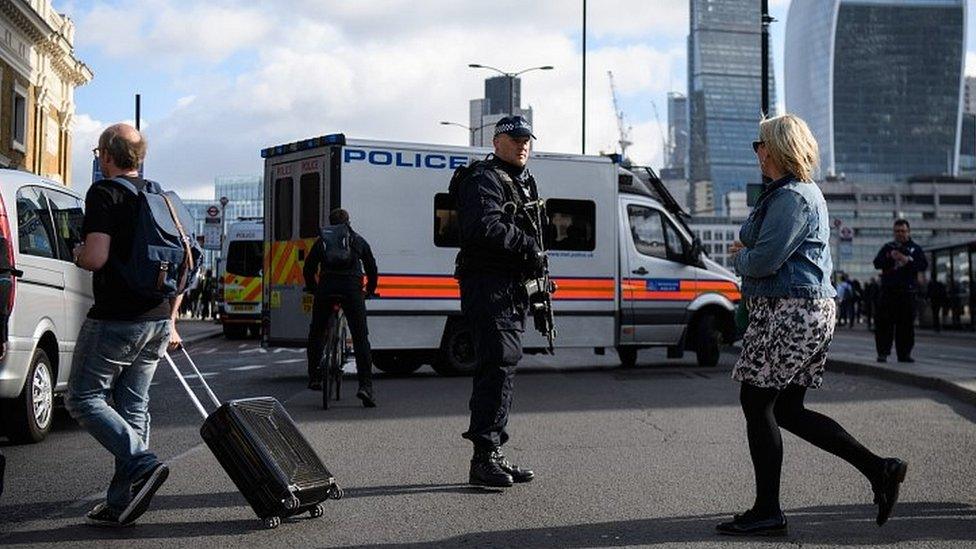
- Published4 August 2017
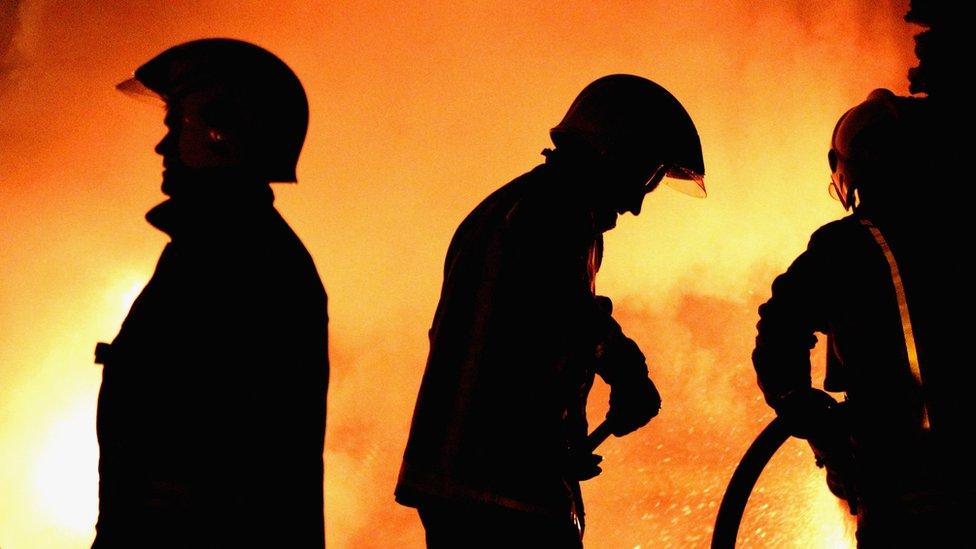
- Published15 June 2017
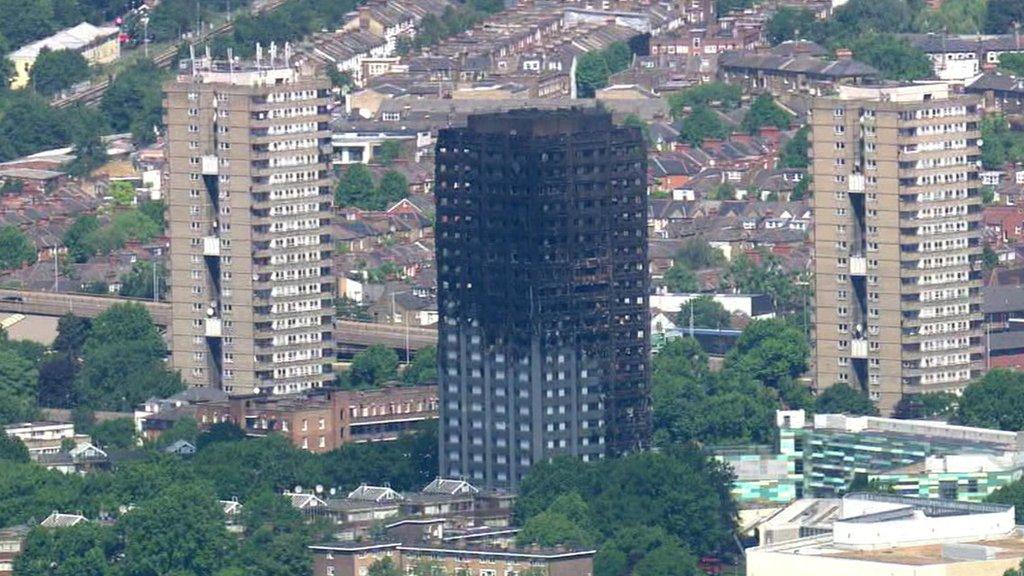
- Published14 June 2017
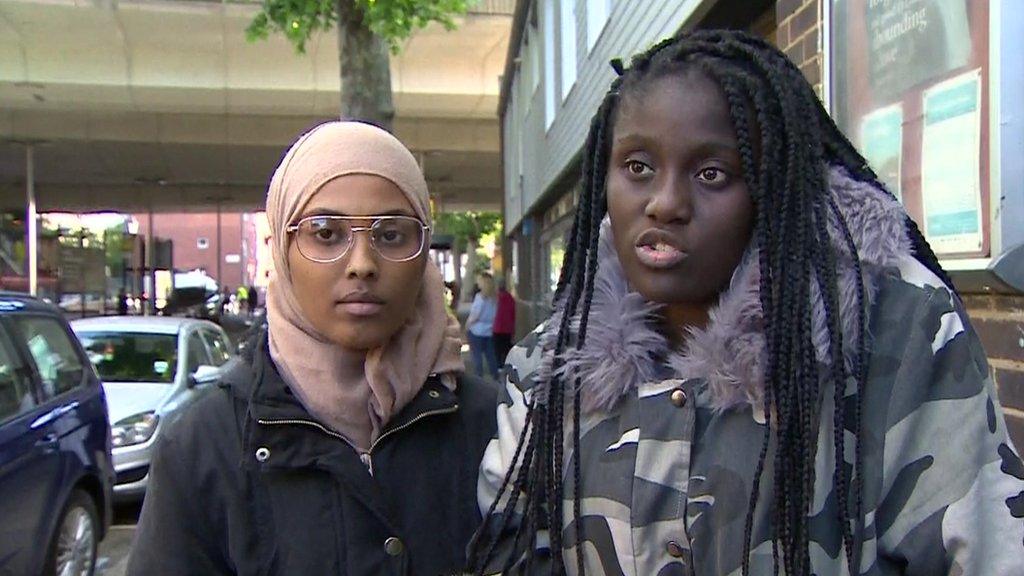
- Published14 June 2017
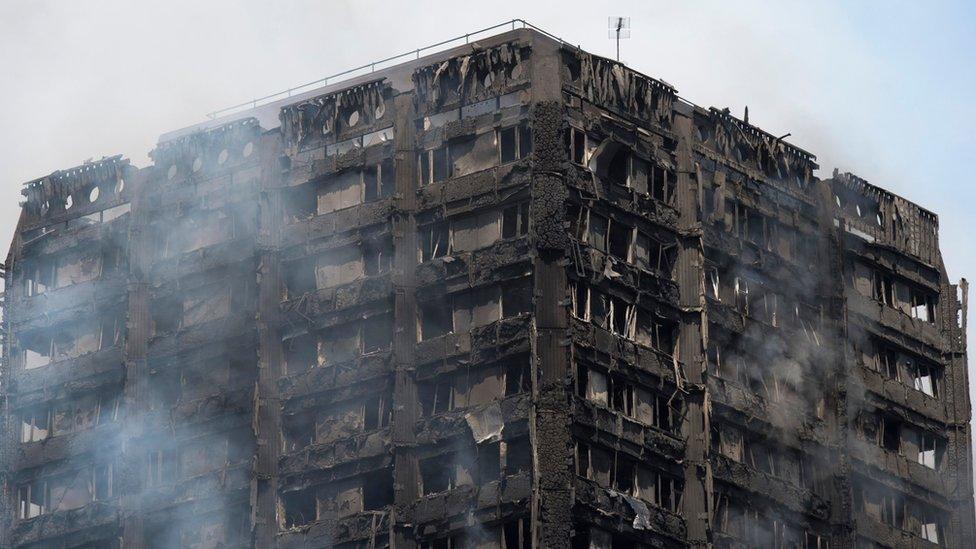
- Published14 June 2017
